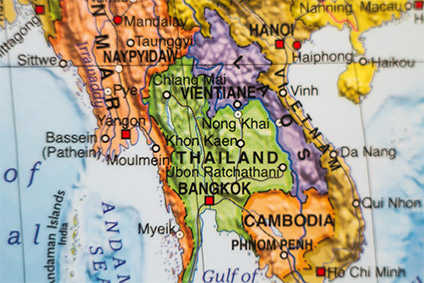
The Thai government announced it would make available a package of subsidies and tax incentives in the next few years to help kick start the country’s electric vehicle (EV) industry.
According to local reports, the administration approved EV subsidies ranging between THB70,000 and THB150,000 (US$2,175-$4,650) per vehicle for 2022 and 2023 while excise tax and import duty would also be reduced on both knocked-down (KD) kits and built-up (CBU) imported vehicles.

Discover B2B Marketing That Performs
Combine business intelligence and editorial excellence to reach engaged professionals across 36 leading media platforms.
Government spokesman Thanakorn Wangboonkongchana said the cabinet had approved THB3bn ($93m) from the central budget to be spent on the subsidies in 2022, covering all types of vehicles including motorcycles.
He added a budget of THB40bn has been approved in principle to provide EV subsidies between 2023 and 2025.
Thankorn said other measures would be introduced to promote domestic EV manufacturing, including import duty exemptions between 2022 and 2025 on key EV components such as batteries, traction motors, reduction gears, compressors, battery management systems and drive control units.
He said: “Incentives offered on imported vehicles and motorcycles in 2022 and 2023 aim to stimulate broader and faster adoption of EVs in the country.”
The new import duty policies were also intended to level the playing field for all automakers entering the country’s EV industry because Japan already enjoys a 20% duty discount on imports of automotive components under the Japan-Thailand Economic Partnership Agreement, South Korea gets 40% and a recent trade agreement with China allows for imports completely duty-free.
Late last year, the government announced ambitious zero emission targets for its automotive industry which call for EVs to account for 50% of total vehicle output by 2030.
This seemed overly ambitious but underlined the country’s ambition of becoming the main EV production hub for the ASEAN region.






